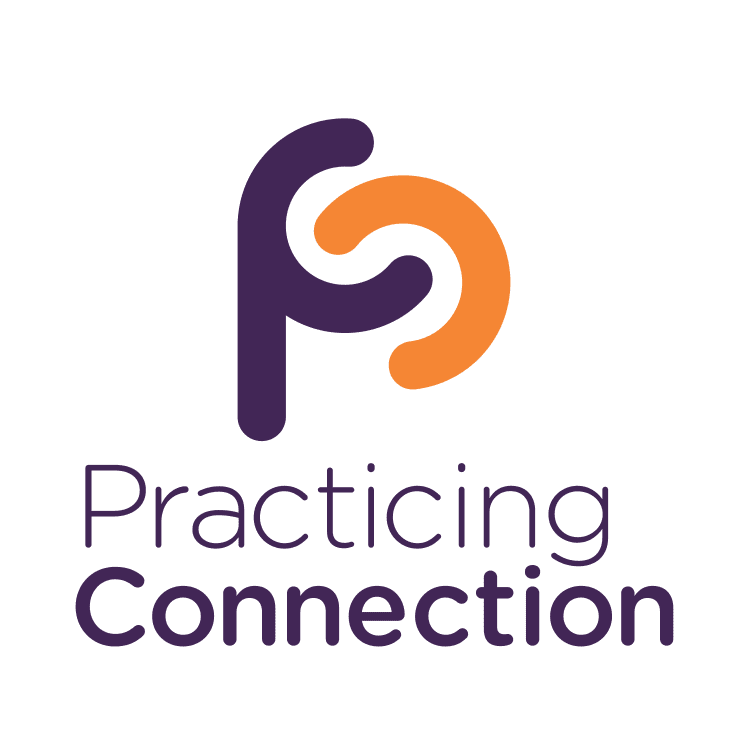(Season 5, Episode 21)
Much of the conversation around character strengths focuses on their positive aspects, but there are some contexts in which character strengths can lead to negative outcomes. It’s all in how we use them.
In this episode, we continue our conversation about character strengths, a strengths-based approach to identifying the positive traits behind our thinking, feeling, and behavior.
We talk about how character strengths can lead to negative coping strategies and emotional states, and Jessica Beckendorf guides us through a practice to help us avoid using our strengths in ways that lead to negative outcomes.











